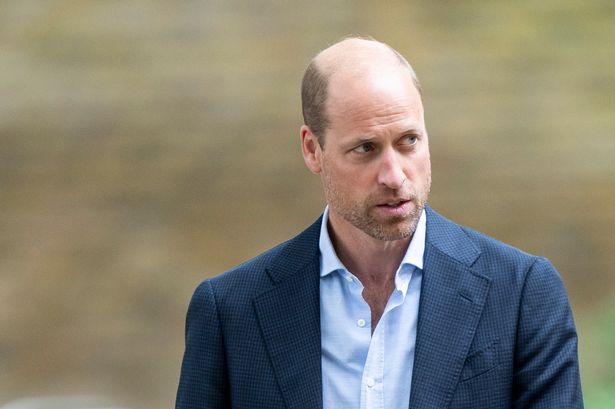Prince William’s planned visit to the Army Air Corps personnel and their families stationed in Suffolk was postponed, a decision announced by Kensington Palace. While the official statement didn’t disclose the specific reason for the postponement, it fueled speculation and underscored the delicate balance the Royal Family maintains between official duties and personal circumstances. This incident offers a glimpse into the complexities of royal scheduling and the various factors that influence such decisions. It also highlights the intense public interest in the activities of the Royal Family and how even seemingly minor changes in their schedules can generate significant attention and speculation.
The postponement, though seemingly a minor scheduling adjustment, reflects the broader context of Prince William’s role within the monarchy. As the heir to the throne, his public engagements carry significant weight, representing the Crown and its ongoing connection with various aspects of British life, including the military. His presence at these events is not merely symbolic; it signifies royal support and recognition of the service and sacrifice of the armed forces. Thus, any alteration to his planned engagements, particularly those involving military personnel, inevitably draws attention and prompts questions regarding the underlying reasons. The absence of a clear explanation from the Palace, while understandable given the need for privacy, inevitably contributes to public conjecture.
The Army Air Corps, a crucial component of the British Army, plays a vital role in various operations, including reconnaissance, attack, and support roles. A royal visit, particularly from the future King, is a significant morale booster for the troops and their families. It acknowledges their contributions to national defense and reinforces the strong bond between the monarchy and the armed forces. Prince William’s planned visit was undoubtedly anticipated with great excitement, making the postponement all the more impactful. The incident serves as a reminder of the complex logistical and security arrangements required for royal visits and how unforeseen circumstances can necessitate adjustments, even at the last minute.
The role of Kensington Palace in managing royal communications is crucial in such situations. The palace must balance the public’s right to know with the Royal Family’s need for privacy. While transparency is generally preferred, certain circumstances may require discretion. In this particular instance, the palace chose to announce the postponement without elaborating on the reasons, likely to protect Prince William’s privacy or to avoid undue speculation. This measured approach, while potentially leading to some conjecture, reflects the palace’s efforts to manage public expectations and maintain a sense of decorum surrounding royal affairs.
The incident also highlights the pervasive media attention surrounding the Royal Family. Every aspect of their lives, from official engagements to personal matters, is subject to intense scrutiny. This constant spotlight can be both a blessing and a curse. It allows the Royal Family to amplify important causes and connect with the public on a large scale. However, it also means that even minor changes in their schedules can become major news stories, subject to intense analysis and speculation. The postponement of Prince William’s visit, though a relatively small event in the grand scheme of things, generated considerable media interest, demonstrating the enduring fascination with the monarchy.
In conclusion, the postponement of Prince William’s visit to the Army Air Corps, while seemingly a minor scheduling change, offers insights into the complexities of royal duties, the delicate balance between public life and private matters, and the intense media scrutiny surrounding the monarchy. It underscores the importance of clear communication from Kensington Palace in managing public expectations and the challenges of maintaining a sense of normalcy amidst the constant spotlight. The incident also serves as a reminder of the significance of royal visits for the morale of the armed forces and the symbolic importance of the monarchy’s connection with various aspects of British life. While the specific reasons for the postponement remain undisclosed, the event highlights the myriad factors that influence royal engagements and the constant public interest in the lives of the Royal Family.














